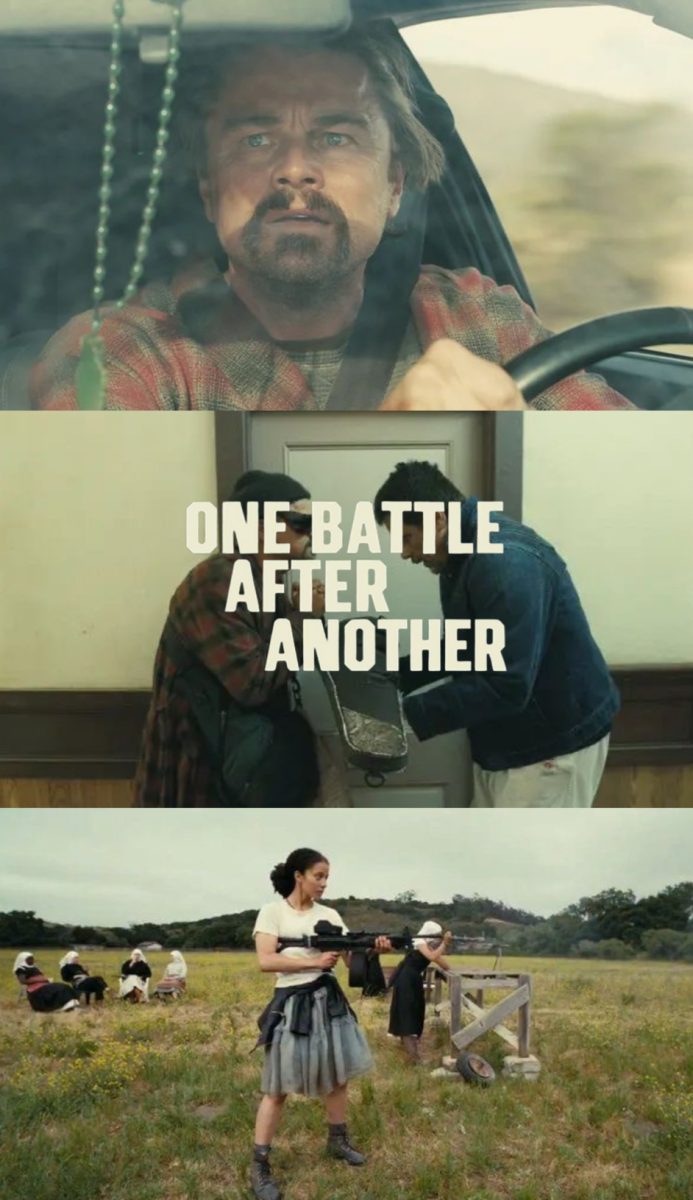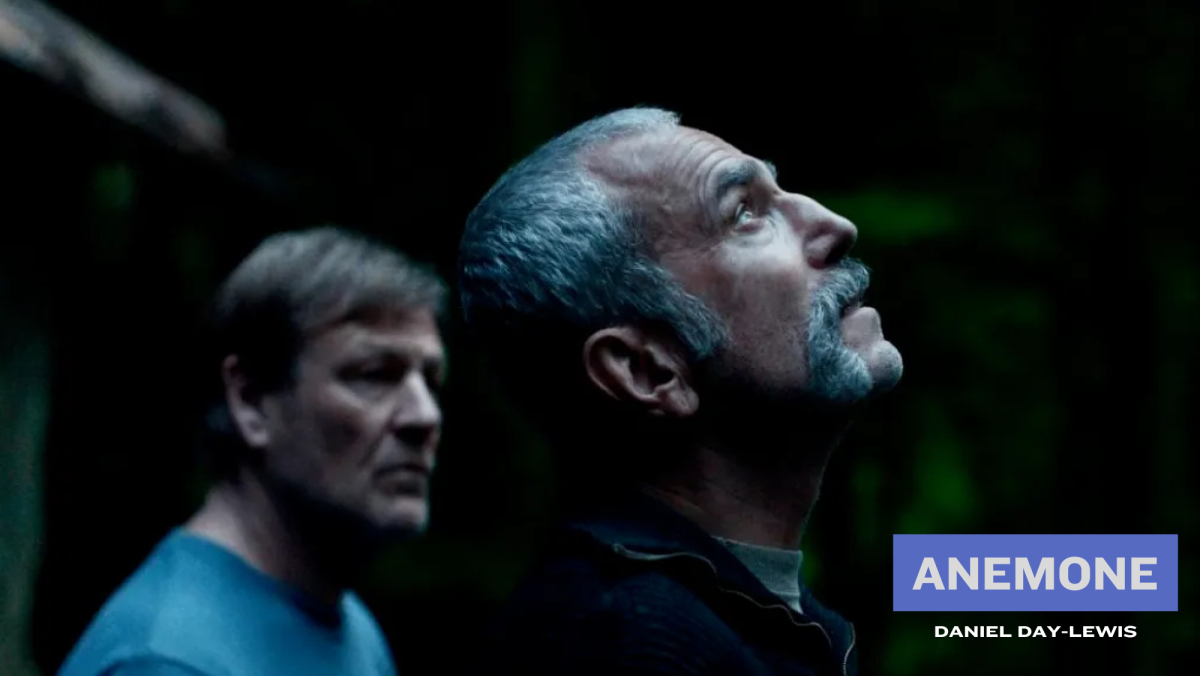Actor Sylvester Stallone fought rumors of his death last week after an internet hoax surfaced on social media, stating he had passed away from prostate cancer.
While the origins of the rumor are unclear, thousands of fans posted tributes to the “Rocky” star online as the story trended.
Stallone, 71, immediately took to his Instagram, @officialslystallone, to settle the claims. Stallone posted a screenshot of several photos added by Facebook user Torrealba Daniel. According to BBC News Daniel used fake photos of Stallone and wrote a caption that said the actor tried to keep his illness private.
“Please ignore this stupidity,” Stallone wrote for his Instagram post. “Alive and well and happy and healthy…Still punching!”
While Stallone was comfortable enough to move on from the controversy, his brother Frank Stallone was deeply angered by the hoax and called out the internet trolls for bad behavior.
“What kind of sick demented cruel mind thinks of things like this to post?” The younger Stallone brother tweeted @Stallone, “People like this are mentally deranged and don’t deserve a place in society.”
Frank also tweeted that their 90-year-old mother was greatly upset by the false claim and could not understand the humor in this sick joke.
Surprisingly, however, this is not the first time Stallone was rumored to be dead.
Stallone was also thought to have passed away in September of 2016 after a CNN report leaked on Twitter.
These kinds of hoaxes have been around long before the internet was invented; but as social media dominates, these claims have become more common and more believable among heavy internet users.
The victims of death hoaxes are typically celebrities or politicians. Other stars who have been falsely killed off by the internet include Mark Hamill of “Star Wars” and pop star Britney Spears.
It is important to remember that people who go on the internet and lie are simply people who want some attention. The people responsible for death hoaxes are smart enough to understand when a prominent person dies, it’s news. People will become engaged over big information, regardless of where it came from or whether it is true or false.
Ultimately, the power is in our hands when we seek out news online. There are a lot of passive users who instantaneously believe something just because it was on Facebook or Twitter. We need more active users who not only click on the links of stories, but also read more about the subject on other websites for verification.
If you want to be an active user who shares correct information with other people, do your homework. Make sure your research is thorough, and your sources are credible.
Sylvester Stallone himself once said, “You are what you leave behind.” Leave behind internet content for the sake of enlightenment, not for the sake of attention.







